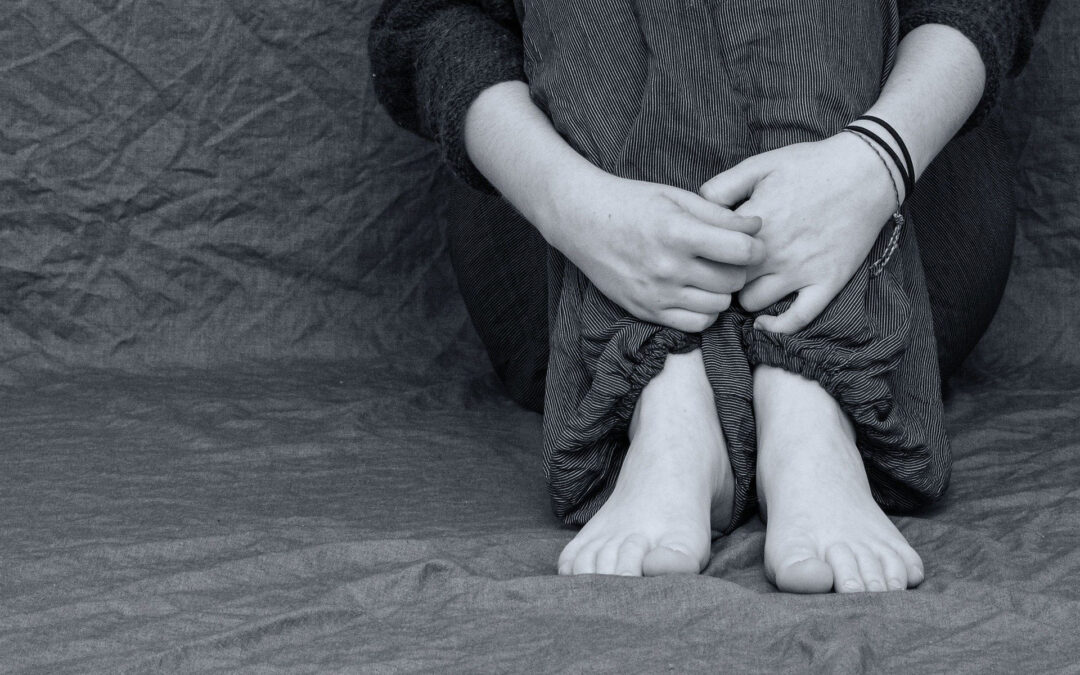The start of the new school year should be a positive and exciting time for children, but for many, it also means a return to being bullied and the physical and mental health consequences that accompany it.
Results of a study published in School Psychology Review found that nearly half of children in grades 4–12 reported being bullied by other students at least once during the previous month.
According to the National Bullying Prevention Center, a slightly higher portion of female than of male students report being bullied at school (23 percent versus 19 percent.)In a 2017 survey conducted by the U.S. Centers for Disease Control and Prevention, 19 percent of North Carolina high schoolers reported being bullied on school property within the previous year. When broken down by gender, 23 percent of high school girls and 15 percent of high school boys in North Carolina reported being bullied at school.
Possible signs that a child is being bullied at school include:
- Acting in a way that is out of character for the child.
- Exhibiting unusual eating or sleeping habits.
- Losing valuables such as lunch money or possessions. Bullying behavior tends to peak in middle school years, but it can happen at any age, solutions for those most in need. Victims of bullying may be reluctant to inform their parents or others. So it is important for parents to be observant for signs that their child may be getting bullied and respond accordingly, he emphasizes. But parents can help stop bullying before it starts and be part of the solution when it occurs.
Some steps parents can take to help their child include:
- Be informed. Find out your school’s policy on bullying and speak to the principal or other administrator.
- Be engaged. Talk to your child about his or her experience. Don’t judge, just listen.
- Be a team. Involve your child in strategies to help stop the bullying. Get the teachers on board so everyone knows what to do when problem behavior occurs.
The most important advice for a child who is being bullied is to help them develop assertiveness skills and conflict resolution skills, This includes standing up for their beliefs and ignoring negativity directed towards them. Role-playing exercises can help children learn how to take a stand against an aggressor.
If this sounds like the situation you or someone you care about is confronting, please contact Good Therapy’s team of licensed professional counselors and therapists today at 630-473-3971.
